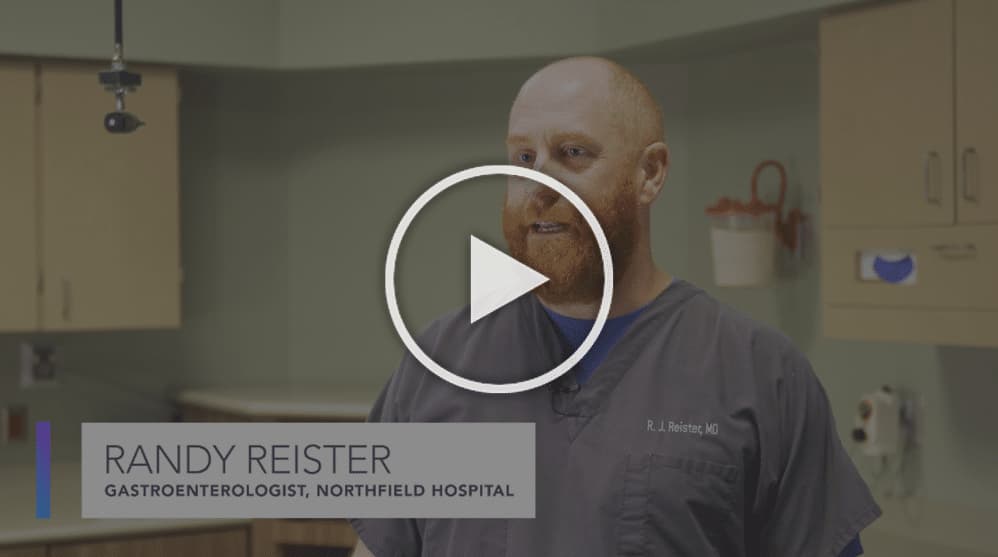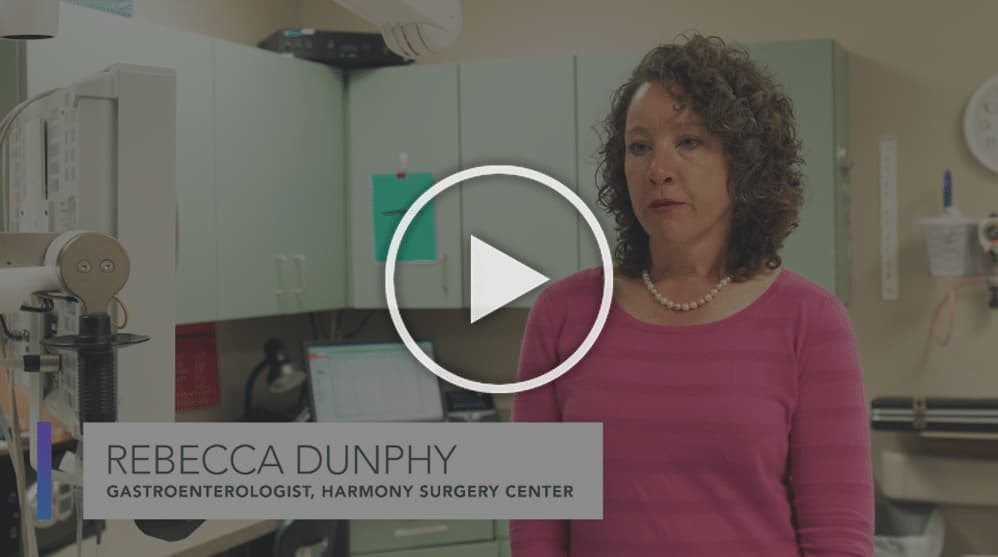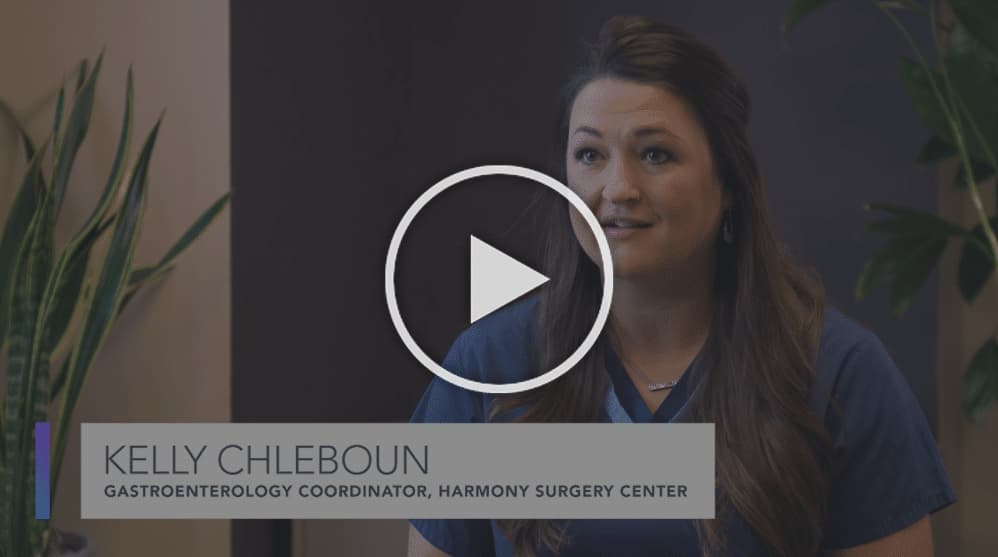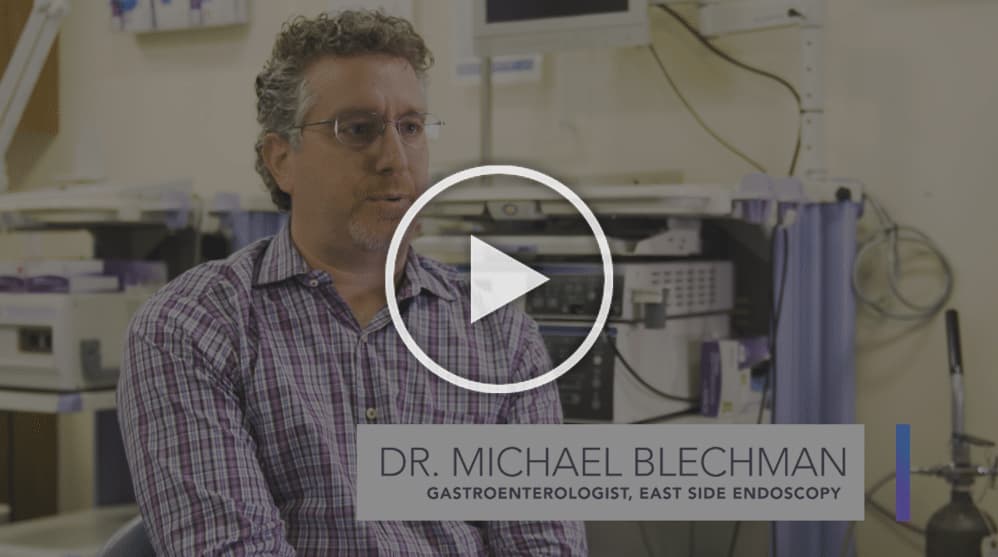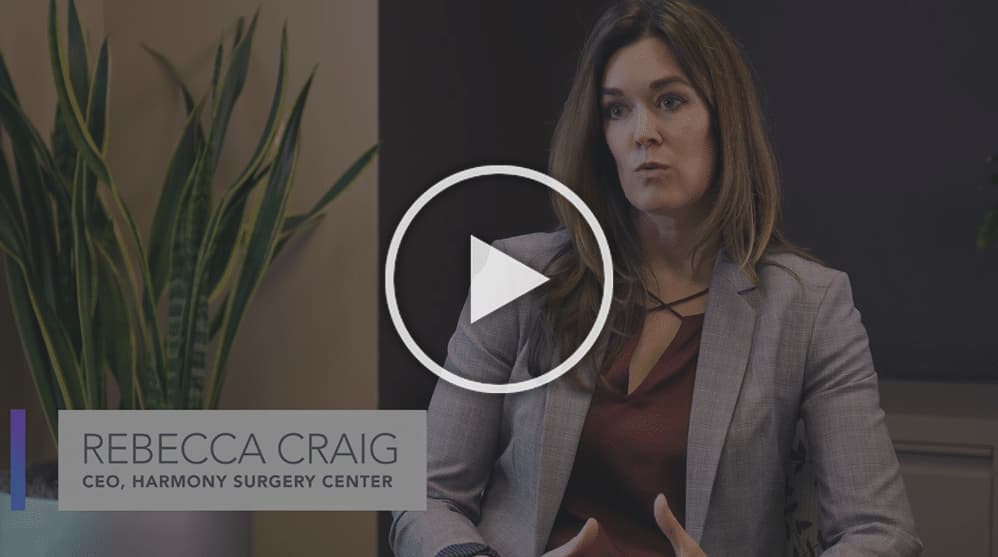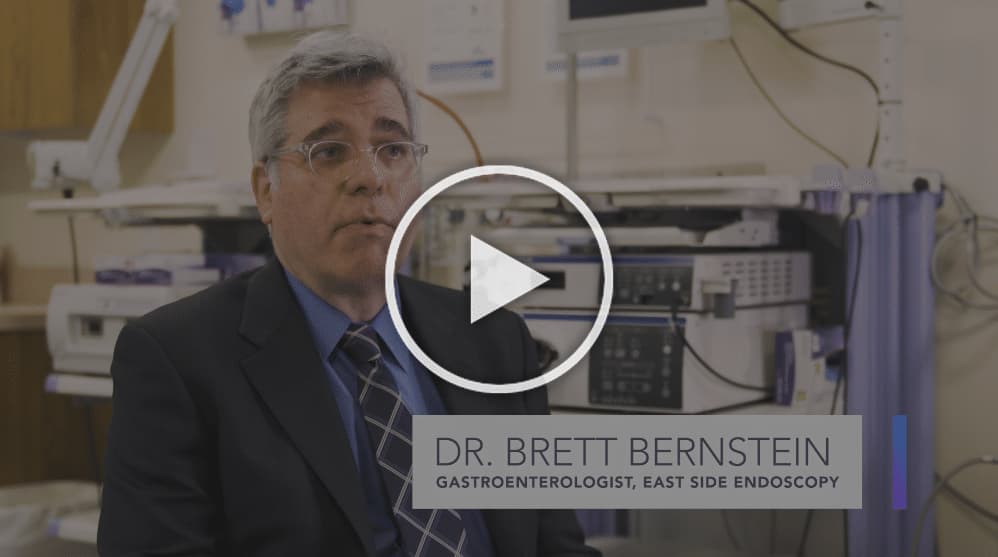Provation® MD and MultiCaregiver Improve Documentation, Reporting and Reduce Costs for The Endo Center at Voorhees
Focusing on the measures that matter most and developing technology-driven strategies to achieve your care quality improvement goals is a winning combination.
Tulsa Spine & Specialty Hospital Streamlines Operations and Reduces Costs
By replacing a modified dictation- and transcription-based process with Provation, physicians cut down documentation time to just 15 to 20 seconds.
Read More New Mexico Orthopaedics Replaces Dictation with Provation
Pre- and post-Provation procedure and billing data reveal 117% overall improvement in documentation and coding accuracy in New Mexico Orthopaedics’ coding study.
Read More Tampa General Hospital: An EndoWorks Conversion Success
Tampa General Hospital (TGH) is a 1,011-bed private not-for-profit hospital and one of the most comprehensive medical facilities in West Central Florida. Tampa General found itself faced with the need to replace EndoWorks and chose Provation MD as its EndoWorks replacement.
Read More Florida Medical Clinic EndoWorks Migration
The leading physician network at Florida Medical Clinic, a multi-specialty clinic encompassing more than 50 medical and surgical modalities, successfully migrated from Olympus EndoWorks to Preferred Replacement Provation MD Gastroenterology.
Read More 